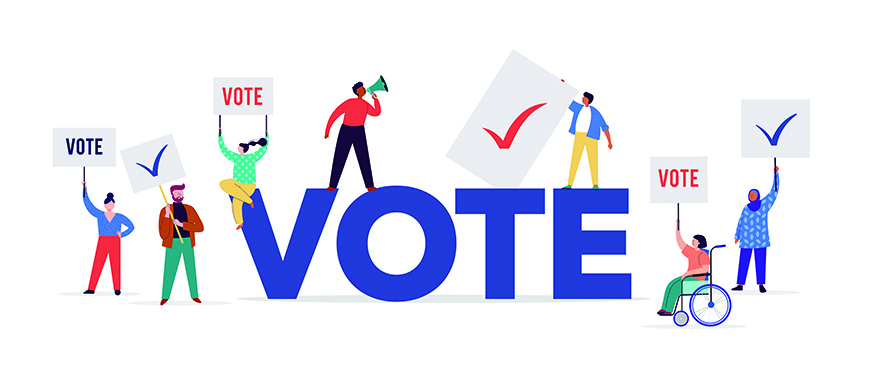The impact of the recommendation of IEOMs on the new electoral code in Armenia is notable and considered a step forward, but important recommendations concerning the restriction of observers and the exclusion of organizational cost from campaign financing have not been taken into account in the new electoral code and a lot has still to be done. From 250 recommendations that were made between 2013 and 2016 by International Observer Missions only 30% were implemented. This was one of the conclusions of the conference “Follow-up to the Recommendations of International Election Observation Missions in Armenia” which was organized by the Council of Europe in the framework of the Project “Long-term electoral assistance to the election related stakeholders of Armenia”. The aim of the Conference was to take stock of the situation with regard to the implementation of the recommendations of International Election Observation Missions in Armenia and to discuss strategies for an improved follow-up.
Domestic observer organizations also criticized a certain ambiguity of IOEM reports, the lack of impartiality in some cases and the lack of long term cooperation with domestic observers organizations. The importance of the observation of the whole electoral process, as well for national as international observers, was stressed and that more pressure needs to be done to political parties to effectively follow up the recommendations. According Mr Tevan Poghosyan, Member of the RA parliament, CSOs should not only address the government for the implementation of the recommendation, but request from political parties to include the recommendations into their agenda. Also, CSOs were recommended, not to wait until government or political parties get active, but formulate proactive amendments and legislative initiatives.
Key speakers of the conference included Mr Piotr Antoni Świtalski, Head of Delegation of the European Union to the Republic of Armenia, who welcomed the obvious will of the electoral stake holders in Armenia to improve the electoral process and the dialog between state institution and civil society in the last month, Mr Arthur Hovhannisyan, RA First Deputy Minister of Justice and Mr Tigran Mukuchyan, Chair of RA Central Electoral Commission.
The Conference brought together more than 65 representatives of governmental institutions, electoral administration, media, international organisations and civil society organisations functioning in Armenia. The event was broadly covered by media, amongst them the 2 main TV stations of Armenia.
Media coverage





